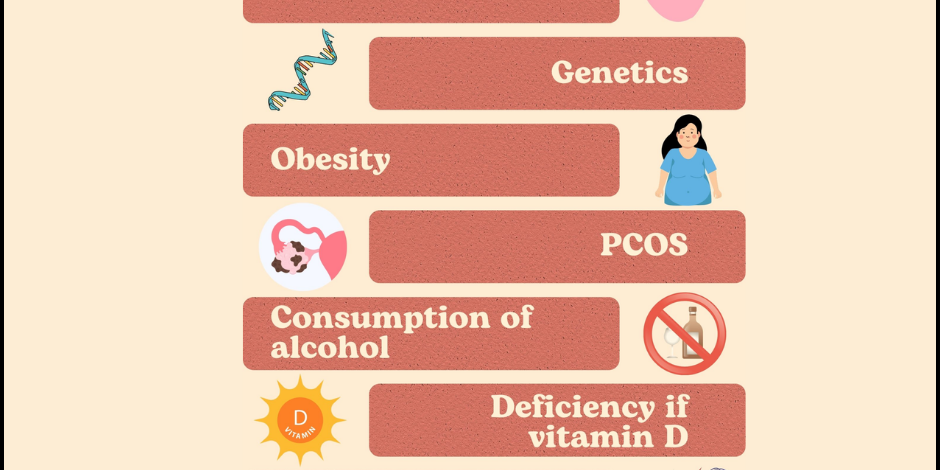Uterine fibroids are non-cancerous growths that develop in the uterus, often during a woman’s reproductive years. While these growths are usually benign, they can cause a range of symptoms that may require medical attention. Understanding uterine fibroids can help women make informed decisions about their health and treatment options.
What Are Uterine Fibroids?
Uterine fibroids, also known as leiomyomas or myomas, are firm, compact tumors made of smooth muscle cells and fibrous connective tissue. They can vary in size, from as small as a seed to as large as a grapefruit, and may grow in different locations within the uterus. Fibroids can be classified into four types based on their location:
- Intramural Fibroids: Grow within the wall of the uterus.
- Submucosal Fibroids: Protrude into the uterine cavity.
- Subserosal Fibroids: Develop on the outer wall of the uterus.
- Pedunculated Fibroids: Are attached to the uterus by a thin stem or stalk.
Causes of Urine Fibroids
The exact cause of fibroids is not entirely understood, but several factors may contribute to their development:
- Hormonal Imbalance: Estrogen and progesterone, two hormones that regulate the menstrual cycle, may promote the growth of fibroids.
- Genetic Factors: Family history plays a role, as women with close relatives who have fibroids are more likely to develop them.
- Age: Fibroids are most common in women aged 30 to 50.
- Ethnicity: African-American women are more likely to develop fibroids at a younger age and experience more severe symptoms.
- Lifestyle Factors: Obesity, poor diet, and a lack of physical activity may increase the risk of developing fibroids.
Symptoms of Urine Fibroids
Many women with fibroids do not experience symptoms, but when they do occur, they can vary in severity depending on the size, location, and number of fibroids. Common symptoms include:
- Heavy or prolonged menstrual periods
- Pelvic pain or pressure
- Frequent urination or difficulty emptying the bladder
- Constipation
- Lower back or leg pain
- Pain during intercourse
- Difficulty getting pregnant or experiencing miscarriages
Diagnosis of Urine Fibroids
Dr. Bharati Hiremath at Hiremath Hospital specializes in the diagnosis and treatment of uterine fibroids. diagnosis usually involves:
- Pelvic Exam: A manual examination to check for abnormalities.
- Ultrasound: Imaging to confirm the presence of fibroids.
- MRI: For detailed images of fibroid size and location.
- Hysteroscopy: A procedure that involves inserting a small camera through the cervix to view the uterine cavity.
Treatment Options for Uterine Fibroids
Treatment depends on the severity of symptoms, the size of the fibroids, and a woman’s desire to have children in the future. At Hiremath Hospital, Dr. Bharati Hiremath offers a range of treatment options:
- Medications: Hormonal treatments, such as birth control pills or GnRH agonists, can help shrink fibroids and control heavy bleeding.
- Minimal Invasive Procedures:
- Uterine Fibroid Embolization (UFE): A procedure that blocks the blood supply to fibroids, causing them to shrink.
- Laparoscopic myomectomy: removal of fibroids while preserving the uterus, ideal for women planning future pregnancies.
- Hysteroscopic myomectomy: removal of fibroids through the cervix without abdominal incisions.
- Surgical Options:
- Abdominal myomectomy: removal of fibroids through a larger incision for women with larger or multiple fibroids.
- Hysterectomy: Complete removal of the uterus, recommended for women who no longer wish to have children and have large, symptomatic fibroids.
Why Choose Hiremath Hospital?
At Hiremath Hospital, Dr. Bharati Hiremath and her expert team are committed to providing personalized care for women suffering from uterine fibroids. With a focus on minimally invasive techniques and patient-centered treatment plans, we strive to help women improve their quality of life.
If you’re experiencing symptoms of uterine fibroids or seeking professional advice, visit Hiremath Hospital in PCMC. Dr. Bharati Hiremath is dedicated to offering comprehensive care for all aspects of women’s health, including the diagnosis and treatment of uterine fibroids.







